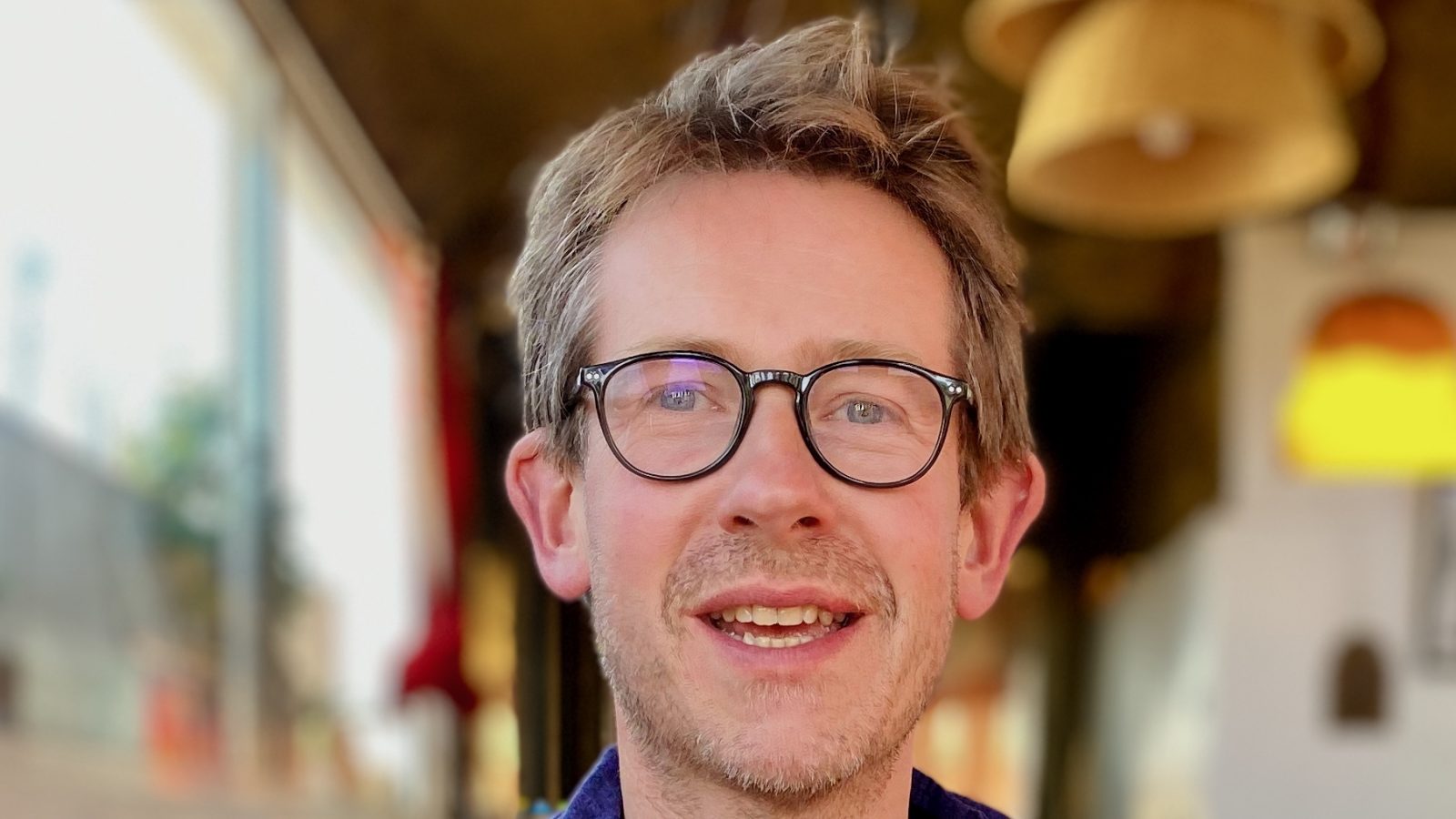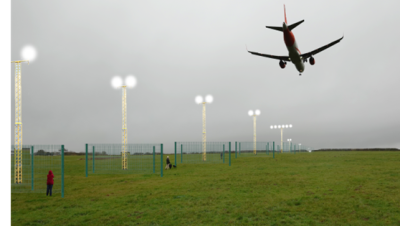Your say / Environment
‘The urgency to act has never been greater’
At the weekend I attended this year’s conference of the UK Environmental Law Association (UKELA), hosted by Bristol University. I’m an environmental lawyer at Bristol law firm Ashfords LLP and a former UKELA trustee.
Bristol is a city celebrated for innovation, activism and environmental ambition, and it felt particularly appropriate to be asking these questions here.
The UK’s first European Green Capital, Bristol remains a vibrant hub for environmental research, policy and action.
is needed now More than ever
Our city is home to a number of environmental organisations and businesses, including the Environment Agency, the Department for Environment and Rural Affairs, Sustrans, the Soil Association and Triodos Bank.
Bristol is a place where the past and the future meet, and where the conversations UKELA have truly matter.
UKELA, a charity formed in 1988, aims to make better law for the environment and to improve understanding and awareness of environmental law.
It promotes, for the benefit of the public, the enhancement and conservation of the environment in the UK and seeks to educate in all matters relating to the development, teaching, application and practice of law relating to the environment.
Simone Davidson, trustee and vice chair of UKELA and chair for this year’s event set the scene, as an opportunity to reimagine the future of environmental law.
This year’s conference theme was Back to the Future: Environmental Law in a New Era – and it couldn’t be more timely.
2025 is a significant year – we are at the midpoint in the UN Decade of Action: ten years since the (seminal international climate treaty) Paris Agreement, five years post Brexit and five years away from key environmental targets beginning to bite in 2030.
We’re at a moment of profound transition. Over the past year, we’ve seen accelerating environmental pressures, rapid developments in climate science, global political shifts, and new regulatory frameworks emerging — or being challenged.
The intersection of environment, economy, politics and equity is becoming ever more complex, and the urgency to act – politically, technologically, and crucially, legally – has never been greater.
Delegates at the conference took the opportunity to stop, reflect and ask:
- What is the role of environmental law in this new era?
- Can we improve the environment and if so how?
- How did we get to this point?
- What lessons from the past must we carry forward?
- Which outdated assumptions should we leave behind?
The conference theme invited delegates to look back and reflect on the legacy of our legal structures, while also looking ahead to the innovations we’ll need to meet our future challenges.
It also called on us to think boldly about the future of regulation, governance, rights, and responsibilities in an age of environmental disruption, and to reimagine what’s possible.
Speakers and delegates explored these questions through a packed and diverse programme. I heard from thought leaders and practitioners on topics ranging from climate risk and litigation, waste and the circular economy, the impact of PFAS (‘forever chemicals’), and what planning reform might mean for our environment as Britain builds critical infrastructure and housing.
Earlier in the week I spoke to delegates about technology such as AI and how that could improve environmental regulation. All critical issues for Bristol.
Delegates also heard from a speaker from the US and the issues that environmental professionals and the judiciary are facing there, which was deeply worrying and we must be alive to the fact that the only constant is chaos.
We also took the opportunity to look inward — to reflect on how the environmental legal profession itself is evolving.
How do we build a more inclusive, interdisciplinary and intergenerational environmental profession? How do we mentor and empower the next generation of legal professionals to ensure environmental law remains robust, equitable and responsive to rapid change?
At the end of the conference, I was left with hope and optimism. As a society, we must defeat doomism. The narrative must change. We must remember that when it comes to addressing climate change every action matters, every tonne of greenhouse gas matters and every year matters.
It’s not too late. We can come back. Environmental law is the bridge between scientific knowledge and political action, and it should be aspirational and transformative.
Paul Collins is an environmental lawyer at Ashfords LLP. These views are his own and do not represent those of Ashfords LLP.
Main image: Paul Collins
Read next:
 Our newsletters emailed directly to you
Our newsletters emailed directly to you




















